Learn LLVM 17. A beginner's guide to learning LLVM compiler tools and core libraries with C++ - Second Edition Kai Nacke, Amy Kwan
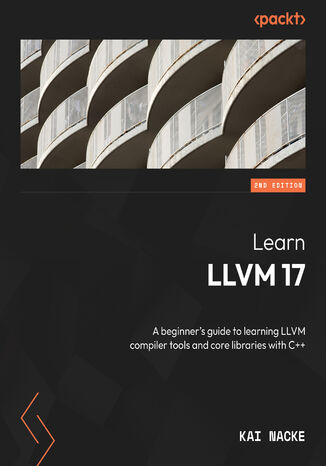

- Autorzy:
- Kai Nacke, Amy Kwan
- Serie wydawnicze:
- Learning
- Wydawnictwo:
- Packt Publishing
- Ocena:
- Stron:
- 416
- Dostępne formaty:
-
PDFePub
Opis
książki
:
Learn LLVM 17. A beginner's guide to learning LLVM compiler tools and core libraries with C++ - Second Edition
The book starts by showing you how to configure, build, and install LLVM libraries, tools, and external projects. You’ll then be introduced to LLVM's design, unraveling its applications in each compiler stage: frontend, optimizer, and backend. Using a real programming language subset, you'll build a frontend, generate LLVM IR, optimize it through the pipeline, and generate machine code. Advanced chapters extend your expertise, covering topics such as extending LLVM with a new pass, using LLVM tools for debugging, and enhancing the quality of your code. You'll also focus on just-in-time compilation issues and the current state of JIT-compilation support with LLVM. Finally, you’ll develop a new backend for LLVM, gaining insights into target description and how instruction selection works.
By the end of this book, you'll have hands-on experience with the LLVM compiler development framework through real-world examples and source code snippets.
Wybrane bestsellery
Zobacz pozostałe książki z serii Learning
Packt Publishing - inne książki
Dzięki opcji "Druk na żądanie" do sprzedaży wracają tytuły Grupy Helion, które cieszyły sie dużym zainteresowaniem, a których nakład został wyprzedany.
Dla naszych Czytelników wydrukowaliśmy dodatkową pulę egzemplarzy w technice druku cyfrowego.
Co powinieneś wiedzieć o usłudze "Druk na żądanie":
- usługa obejmuje tylko widoczną poniżej listę tytułów, którą na bieżąco aktualizujemy;
- cena książki może być wyższa od początkowej ceny detalicznej, co jest spowodowane kosztami druku cyfrowego (wyższymi niż koszty tradycyjnego druku offsetowego). Obowiązująca cena jest zawsze podawana na stronie WWW książki;
- zawartość książki wraz z dodatkami (płyta CD, DVD) odpowiada jej pierwotnemu wydaniu i jest w pełni komplementarna;
- usługa nie obejmuje książek w kolorze.
Masz pytanie o konkretny tytuł? Napisz do nas: sklep@ebookpoint.pl
Książka drukowana


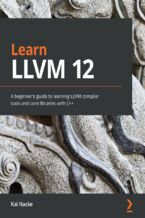

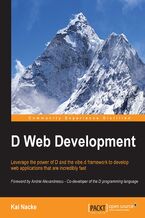
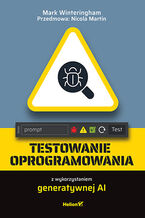

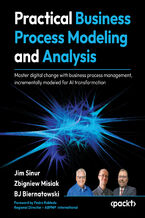

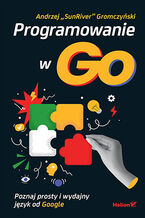
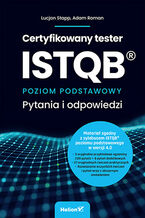
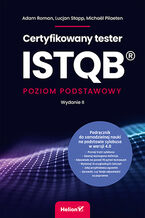
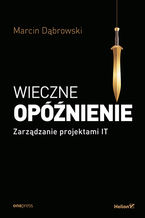

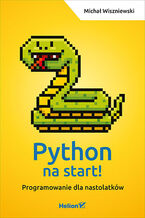

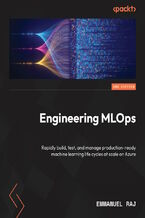
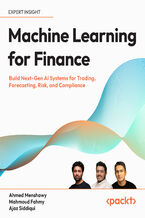
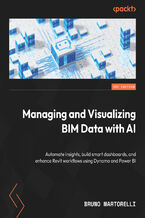
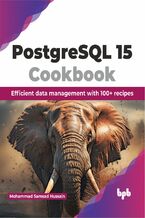
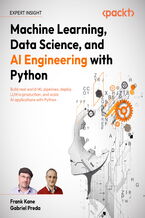
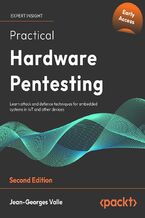
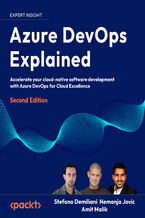
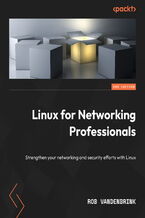
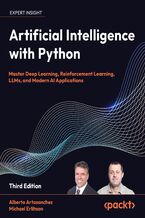
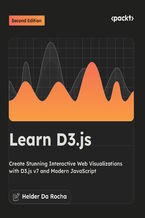






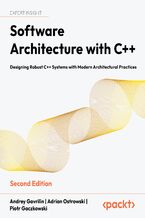
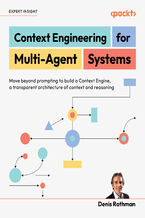
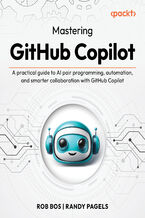
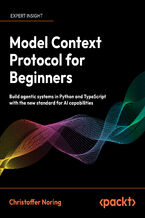
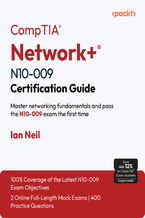
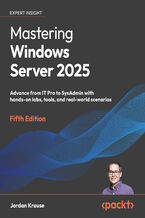
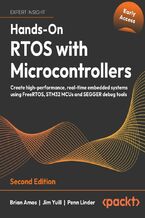
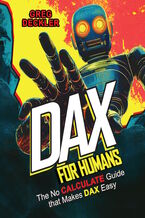
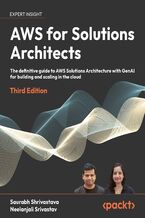
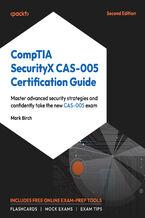
Oceny i opinie klientów: Learn LLVM 17. A beginner's guide to learning LLVM compiler tools and core libraries with C++ - Second Edition Kai Nacke, Amy Kwan
(0)